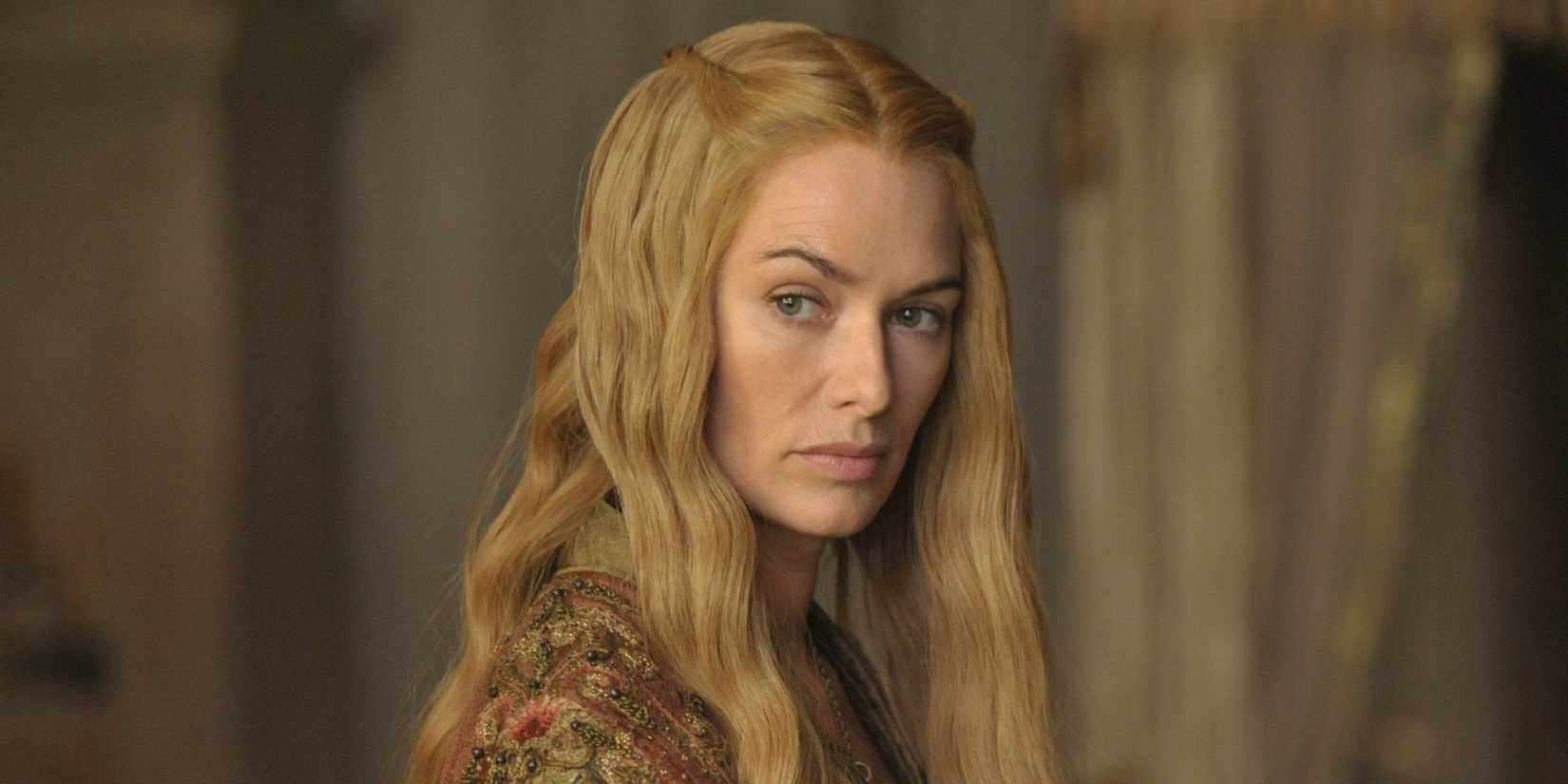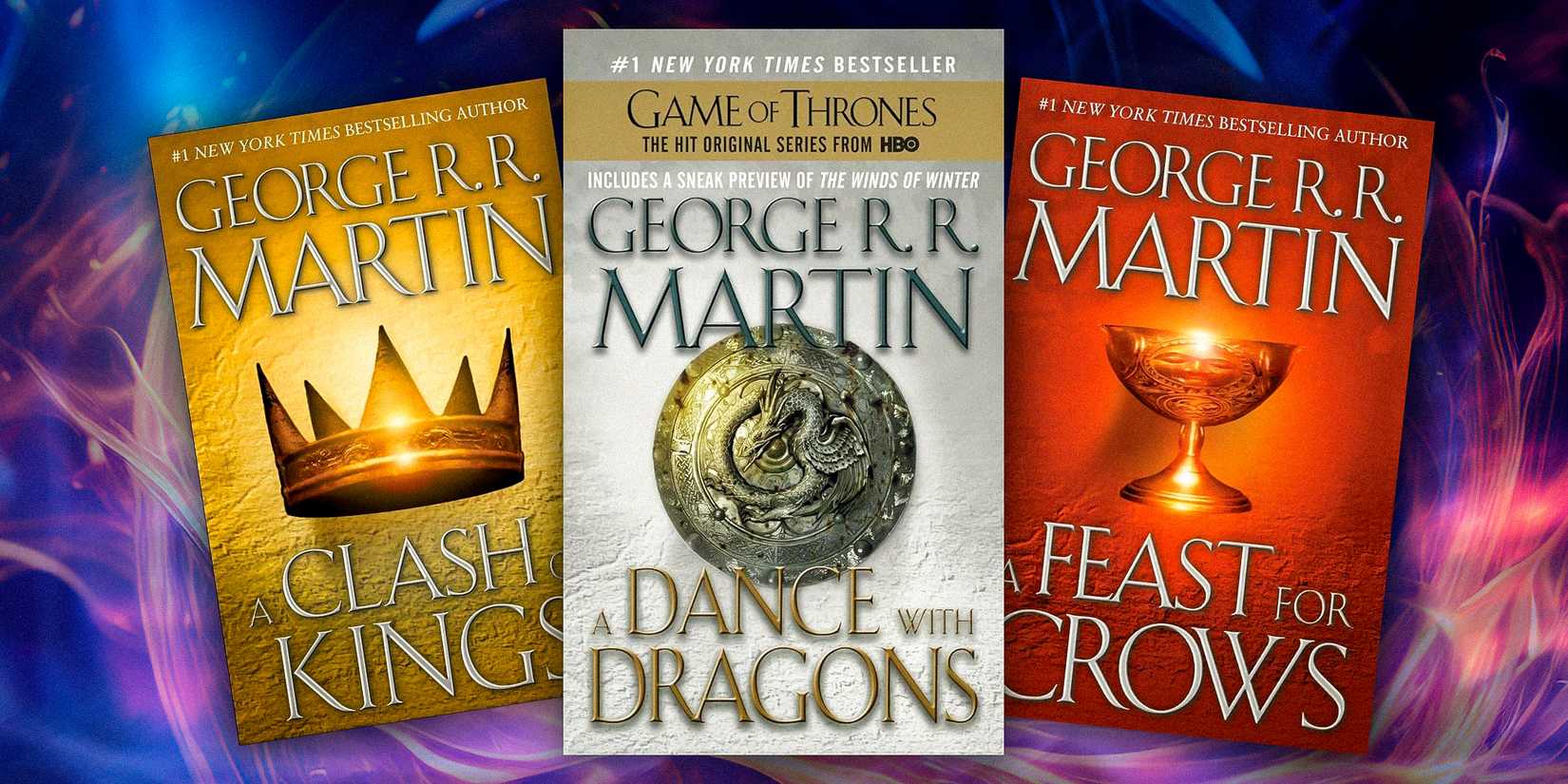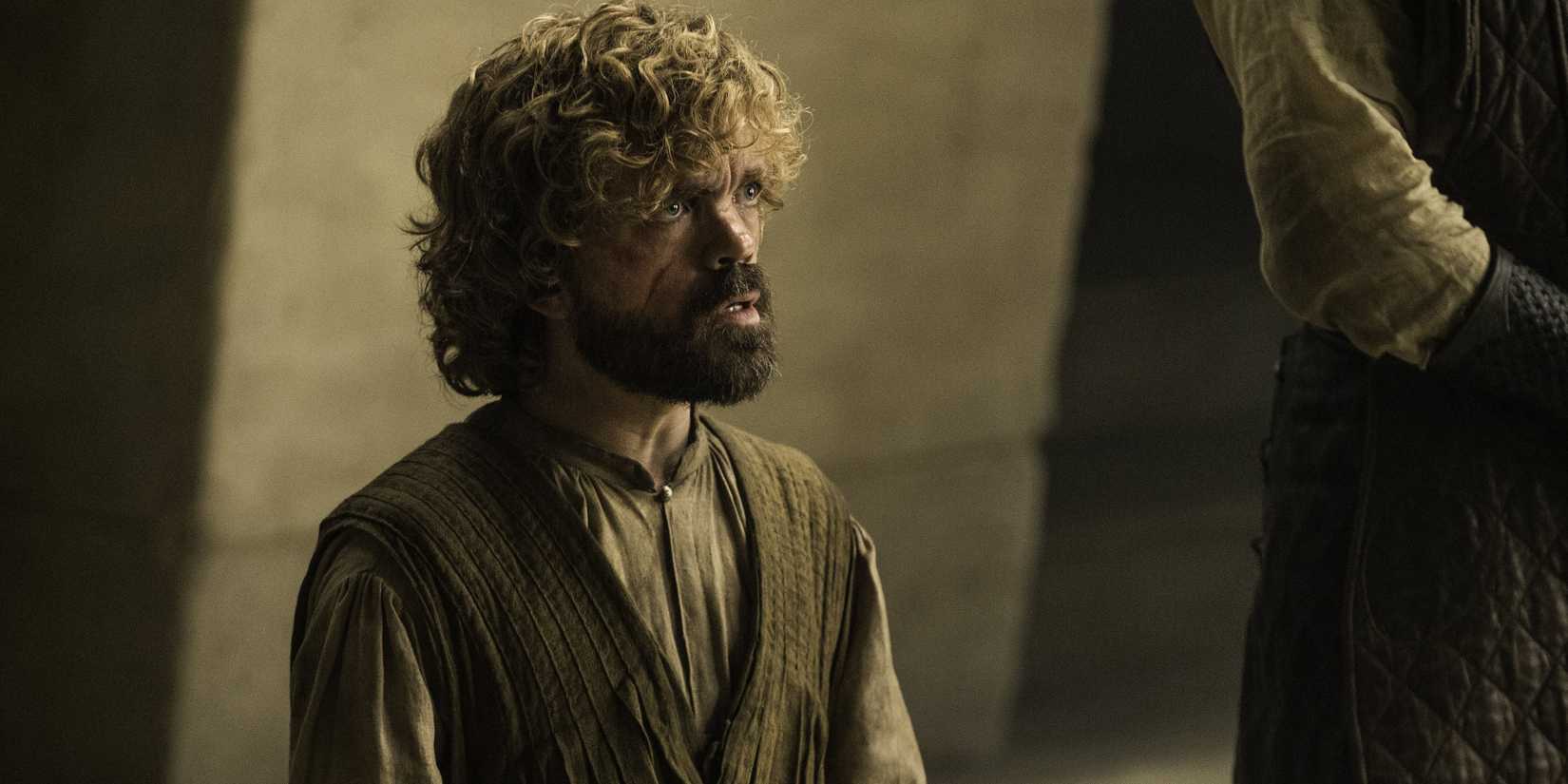
Based on George R.R. Martin’s Song of Ice and Fire books, Game of Thrones became one of the first high fantasy series to do that genre justice on the small screen. Its political intrigue, careful balance of fantasy and drama, and surprising turns hooked mainstream audiences and fantasy lovers alike. This made it a standout and gave it the potential to get bigger and bigger.
While there were great fantasy shows before Game of Thrones, most of them didn’t embrace the large-scale world-building and expansive storytelling that high fantasy offers. Streamers and networks have tried to utilize the same formula since. Unfortunately, most of them miss the mark — and even the good ones have yet to reach GOT‘s heights.
This is because they’re overlooking key factors that contributed to the HBO series’ success. While many modern additions to the fantasy genre have some of the ingredients that catapulted Game of Thrones to fame, they’re too often leaning on the wrong details.
Multiple Streaming Platforms Have Tried To Replicate Game Of Thrones’ Fantasy Success

Game of Thrones is undeniably one of HBO’s most popular shows, and it’s been reported as one of the network’s most pirated multiple times now. Clearly, the interest that was present when it was airing hasn’t waned. And despite season 8’s controversial ending, it’s still regarded fondly, especially compared to other offerings in the fantasy category.
This is why HBO has several Game of Thrones spinoffs in the works, and House of the Dragon is perhaps the closest recent fantasy title to actually near Game of Thrones’ popularity. The franchise’s continued success suggests there’s still a demand for good fantasy, but most series touted as the “next Game of Thrones” fail to live up to that title.
Prime Video’s canceled Wheel of Time show and The Rings of Power were both strong contenders to replace the HBO series, at least looking at their scope and beloved source material. And projects like The Witcher and Shadow and Bone should have been Netflix’s answer to Game of Thrones, but they also overlooked the most obvious paths to success.
Game Of Thrones’ Gritty Realism Wasn’t The Reason Viewers Were Invested

Game of Thrones is often lauded for its gritty realism, as Martin’s world is ruthless — and neither the books nor the HBO series shies away from the consequences of that. No character is safe in either iteration of the story. When they’re not killed for their mistakes, they’re often put in harrowing situations. It’s not easy to watch, but that’s true for a very specific reason.
There’s no denying that shocking twists like Ned Stark’s season 1 death and the Red Wedding kept Game of Thrones front of mind in conversations about pop culture. However, the dark and surprising nature of such scenarios isn’t why they worked. Other fantasy shows fail to recapture the viral success of the Red Wedding because they’re focused on the wrong thing.
Instead of striving to build unforgiving worlds or deliver surprising scenes, other fantasy shows should be focused on making their characters as fully realized as possible. Game of Thrones‘ most devastating moments land because we care about the people they’re happening to.
Despite having a large ensemble cast, Game of Thrones takes its time developing each and every one of its characters. It’s part of the reason season 1 feels so slow compared to what comes later. This works in the series’ favor, though, as it makes it easier to carry on after Ned’s death. We’re invested in what happens to even the worst characters, and that’s down to the writing.
Unfortunately, many of the fantasy shows that followed Game of Thrones have shorter seasons and experienced more pressure to hook viewers quickly. This results in series like The Rings of Power and The Wheel of Time being more dependent on mysteries and gritty world-building than making us love the characters we’re following.
Even with the characters being established in the source material, it’s hard to feel fully invested in them on-screen. Inevitably, not all of them get enough time to develop into complex and relatable individuals. Short seasons and cancellations contribute to this. Stuffing too much exposition into seasons also doesn’t help; House of the Dragon struggles with characterization because of this.
And the realistic world in Game of Thrones lands for another reason that studios often overlook. The balance of fantasy and drama is an underrated strength of Game of Thrones, allowing it to reach audiences who may not enjoy fantasy-heavy narratives.
Game Of Thrones Was More Political Drama Than Fantasy Series

Another big reason for Game of Thrones‘ widespread success is the fact that it’s more political drama than fantasy, with the story becoming progressively more extraordinary as it continues. In reality, a show like Succession feels more like a follow-up to Game of Thrones than any recent fantasy offering, and this is why.
While the dragons and White Walkers are some of the best parts of Martin’s story — and they contribute to Game of Thrones‘ best episodes — the series’ political conflicts are its beating heart. The show’s discussions of subjects like power and duty are why its quieter scenes are just as memorable as its epic action sequences.
Such themes are easy to understand and appreciate, even for viewers who aren’t typically interested in complex fantasy narratives. They make Game of Thrones‘ extremely complex world feel more accessible, and they allow us to draw parallels to our world. That’s not as often the case with other titles in the genre.
Anyone who appreciates fantasy can enjoy a series like Shadow and Bone, The Wheel of Time, or The Rings of Power. However, their immediate focus on magic and fast introduction of the extraordinary make them harder to sell to your average viewer.
Early Seasons Being Accurate To The Books Is An Underrated Strength Of Game Of Thrones

Another underrated strength of Game of Thrones is its accuracy to Martin’s books, at least in the beginning. Although the HBO show eventually passes the source material, its first few seasons are impressively faithful to A Song of Ice and Fire. Those adapting book series don’t always appreciate how far that can go with established fans.
Indeed, some of the biggest complaints about other big fantasy adaptations have been their divergence from their source material. The Wheel of Time, The Rings of Power, and The Witcher all regularly get flak for this. And even Shadow and Bone season 2 makes questionable choices on that front, begging the question of how it would have continued had it not been canceled.
So, not only are many of these series less gripping to non-fantasy fans, but their book changes make them less appealing to those invested in the genre and source material. Game of Thrones managed to draw both types of viewers, and that’s something few of its would-be successors have accomplished.
No One Was Worried About Game Of Thrones Not Getting A Proper Ending

Streaming may not understand what made Game of Thrones tick, but there’s another thing holding such platforms back from creating a replacement: their tendency to cancel shows early, especially in the fantasy genre. By the time Game of Thrones became truly popular, no one was concerned about whether it would get a proper ending. It seemed inevitable it would be renewed.
And sure, not everyone was satisfied with the conclusion we did get — but Game of Thrones could have gone on for more seasons had the showrunners wanted it to. By contrast, people are afraid to get invested in new fantasy series, as they’re often cut short without closure. Just look at The Wheel of Time and Shadow and Bone. And those are far from the only fantasy shows canceled too soon.
Given how common such cancellations are now, it’s no wonder people aren’t as invested in new shows as they were in Game of Thrones. The HBO series was fortunate to see its story through, and it benefited from its long and fruitful run.
Fantasy Shows Should Stop Trying To Be Game Of Thrones

It’s helpful to look at the qualities that made Game of Thrones take off, but it’s also important that new fantasy shows don’t try too hard to replicate the HBO series. This is a shortcoming in itself, as part of what made Game of Thrones stand out was the fact that there was nothing else like it.
With fantasy shows flooding the zone on the heels of its success, it’s no wonder none of them have blown up in quite the same way. And it’s telling that some of the strongest additions to the genre since 2019, like His Dark Materials and Arcane, aren’t noticeably playing up their similarities.
Any fantasy series that hopes to rival Game of Thrones will need to feel organic, in addition to having strengths like great characters and heavy political drama. This seems more likely as we put more distance between new projects and the HBO show — and as people realize what’s going wrong with other follow-ups.
